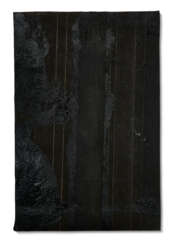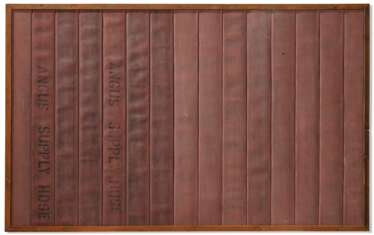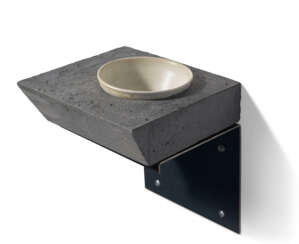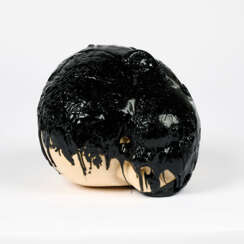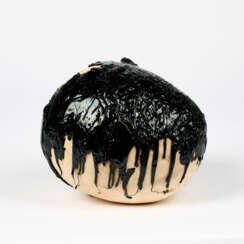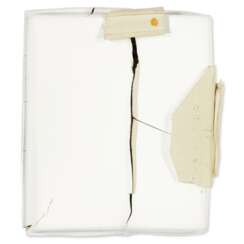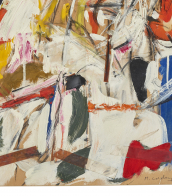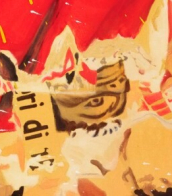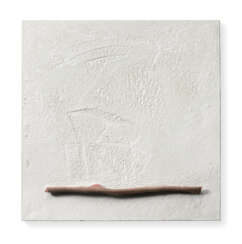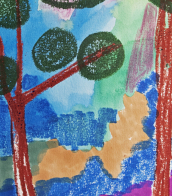theaster gates (1973)
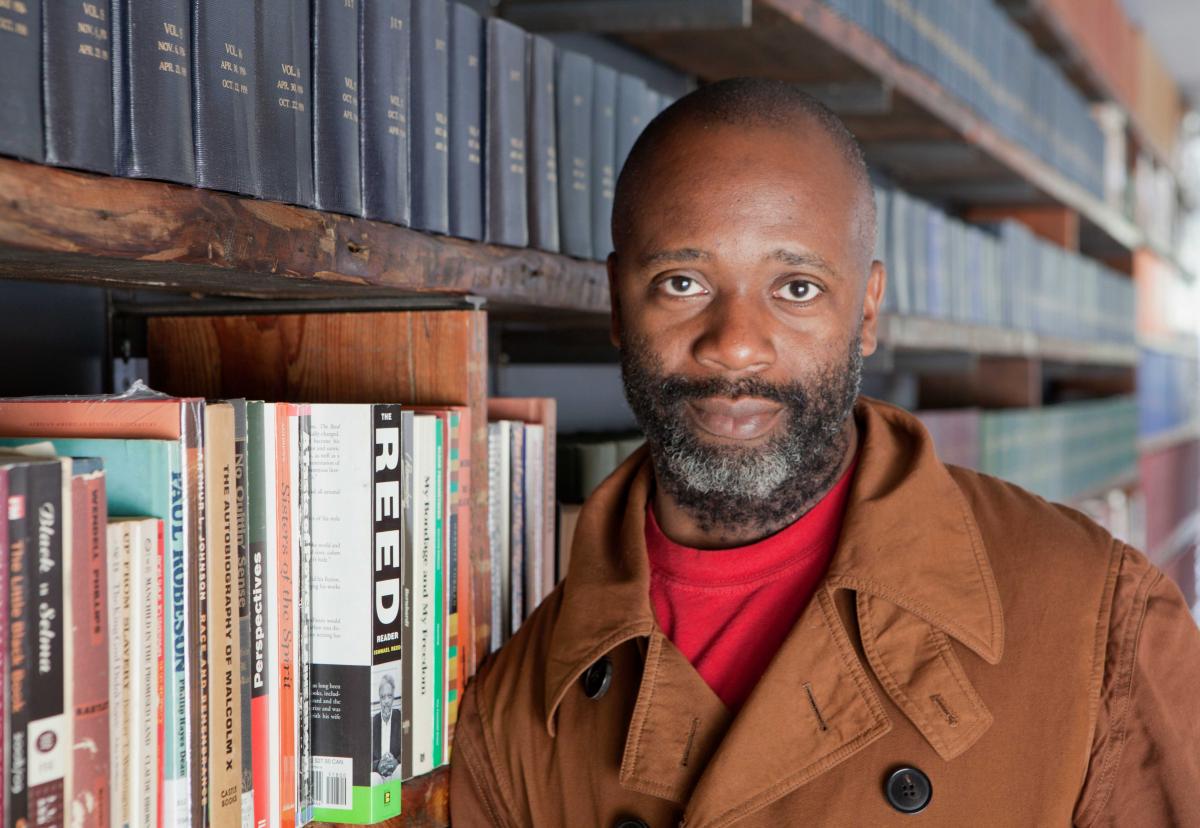
Theaster Gates is an American social practice installation artist and a professor in the Department of Visual Arts at the University of Chicago.
Gates' work has been shown at major museums and galleries internationally and deals with urban planning, religious space, and craft. He works to revitalize underserved neighborhoods by combining urban planning and art practices. Gates' art practice responds to disinvestment in African-American urban communities, particularly in the wake of the financial crisis of 2007-2008, addresses the importance of formal archives for remembering and valuing Black cultural forms, and disrupts artistic canons, especially those of post-painterly abstraction and color field painting.
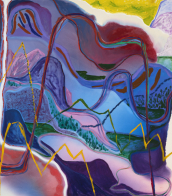

Theaster Gates is an American social practice installation artist and a professor in the Department of Visual Arts at the University of Chicago.
Gates' work has been shown at major museums and galleries internationally and deals with urban planning, religious space, and craft. He works to revitalize underserved neighborhoods by combining urban planning and art practices. Gates' art practice responds to disinvestment in African-American urban communities, particularly in the wake of the financial crisis of 2007-2008, addresses the importance of formal archives for remembering and valuing Black cultural forms, and disrupts artistic canons, especially those of post-painterly abstraction and color field painting.
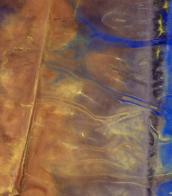

Theaster Gates is an American social practice installation artist and a professor in the Department of Visual Arts at the University of Chicago.
Gates' work has been shown at major museums and galleries internationally and deals with urban planning, religious space, and craft. He works to revitalize underserved neighborhoods by combining urban planning and art practices. Gates' art practice responds to disinvestment in African-American urban communities, particularly in the wake of the financial crisis of 2007-2008, addresses the importance of formal archives for remembering and valuing Black cultural forms, and disrupts artistic canons, especially those of post-painterly abstraction and color field painting.
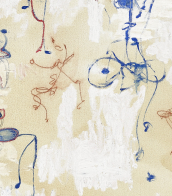

Theaster Gates is an American social practice installation artist and a professor in the Department of Visual Arts at the University of Chicago.
Gates' work has been shown at major museums and galleries internationally and deals with urban planning, religious space, and craft. He works to revitalize underserved neighborhoods by combining urban planning and art practices. Gates' art practice responds to disinvestment in African-American urban communities, particularly in the wake of the financial crisis of 2007-2008, addresses the importance of formal archives for remembering and valuing Black cultural forms, and disrupts artistic canons, especially those of post-painterly abstraction and color field painting.
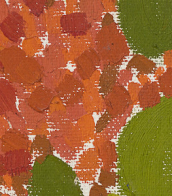

Theaster Gates is an American social practice installation artist and a professor in the Department of Visual Arts at the University of Chicago.
Gates' work has been shown at major museums and galleries internationally and deals with urban planning, religious space, and craft. He works to revitalize underserved neighborhoods by combining urban planning and art practices. Gates' art practice responds to disinvestment in African-American urban communities, particularly in the wake of the financial crisis of 2007-2008, addresses the importance of formal archives for remembering and valuing Black cultural forms, and disrupts artistic canons, especially those of post-painterly abstraction and color field painting.
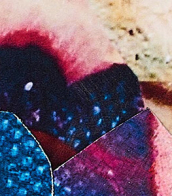

Theaster Gates is an American social practice installation artist and a professor in the Department of Visual Arts at the University of Chicago.
Gates' work has been shown at major museums and galleries internationally and deals with urban planning, religious space, and craft. He works to revitalize underserved neighborhoods by combining urban planning and art practices. Gates' art practice responds to disinvestment in African-American urban communities, particularly in the wake of the financial crisis of 2007-2008, addresses the importance of formal archives for remembering and valuing Black cultural forms, and disrupts artistic canons, especially those of post-painterly abstraction and color field painting.
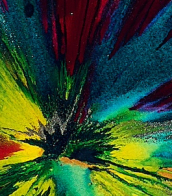

Theaster Gates is an American social practice installation artist and a professor in the Department of Visual Arts at the University of Chicago.
Gates' work has been shown at major museums and galleries internationally and deals with urban planning, religious space, and craft. He works to revitalize underserved neighborhoods by combining urban planning and art practices. Gates' art practice responds to disinvestment in African-American urban communities, particularly in the wake of the financial crisis of 2007-2008, addresses the importance of formal archives for remembering and valuing Black cultural forms, and disrupts artistic canons, especially those of post-painterly abstraction and color field painting.

